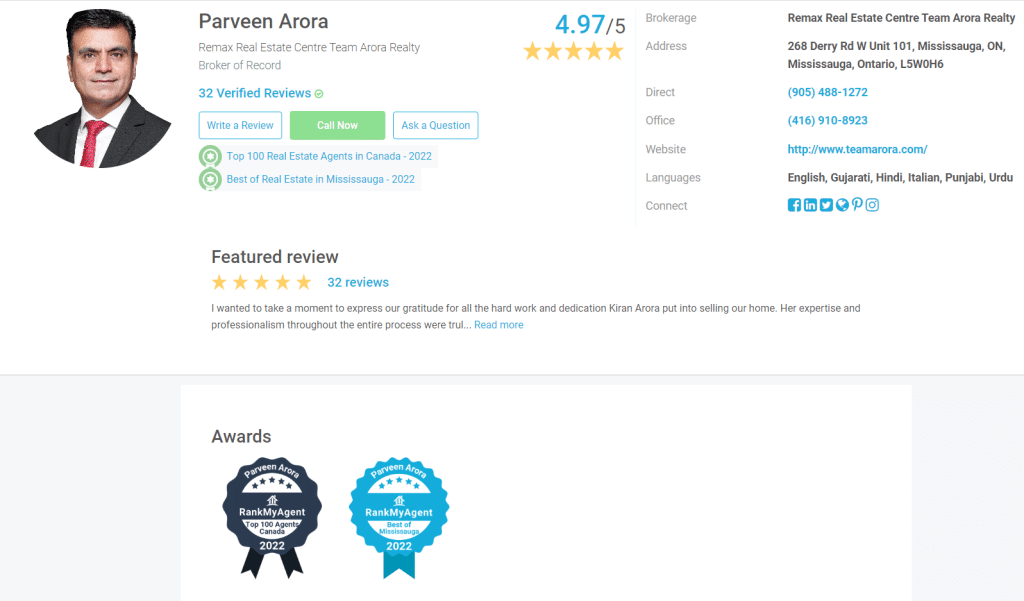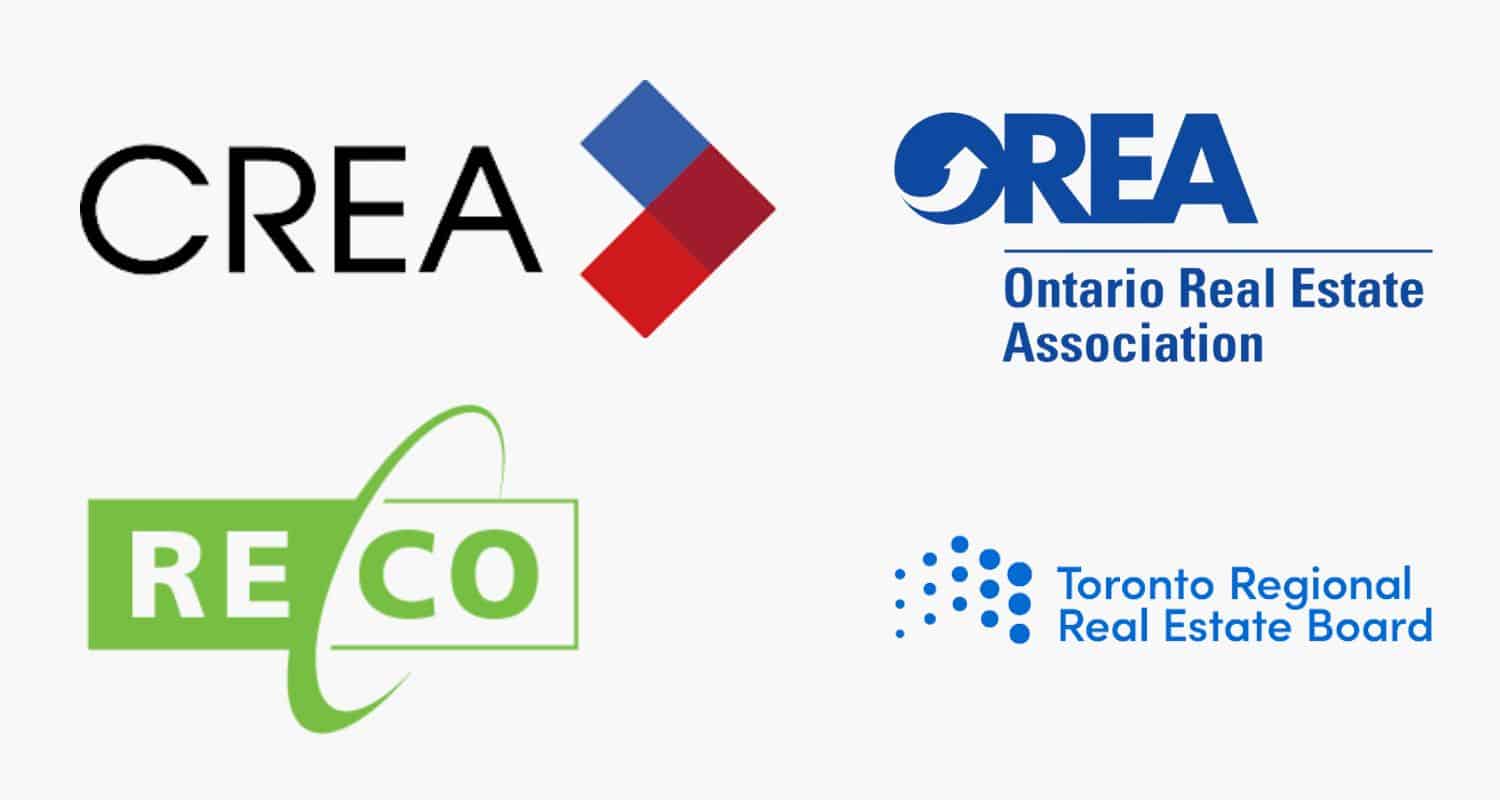Ontario is a diverse and vibrant province, offering a wide range of living options for those looking to settle near Toronto. In this article, we will explore the top 10 places to live in Ontario near Toronto, taking into account factors such as housing, schools, parks, safety, affordability, amenities, culture, recreation, employment, taxes, and cost of living.
Here are some of the top factors to consider when choosing a place to live in Ontario near Toronto:
-
Affordability and cost of living – Housing, transportation, utilities, food costs, etc. can vary greatly across cities and towns. Evaluate if your budget aligns with the cost of living in a given area.
-
Employment opportunities – Ensure there are ample job prospects and opportunities in your field before relocating. Proximity to Toronto provides access to more jobs.
-
Housing availability and options – Look at the types of housing available (apartments, condos, detached homes) and choose an area that fits your needs and budget.
-
Public services and amenities – Consider the quality of schools, healthcare, public transit, recreation facilities, shopping, restaurants, etc. Larger cities tend to have more amenities.
-
Community and lifestyle – What kind of neighborhood and pace of life suits you? Urban, suburban, or rural? Vibrant nightlife or family-friendly? Cultural diversity?
-
Transportation and commute – If working in Toronto, ensure the commute is reasonable via car, transit, or rail. Proximity to major highways is beneficial.
-
Safety and low crime rates – Check crime statistics and safety ratings when comparing neighborhoods.
-
Climate and geography – Southern Ontario has milder winters. Consider proximity to lakes, rivers, parks, and green spaces.
These towns and cities offer a perfect balance of urban and suburban living, making them ideal for families, young professionals, and retirees alike.
1. Oakville
Oakville is a suburban town located in the Halton Region, known for its picturesque waterfront, excellent schools, and vibrant arts and culture scene. Key features of Oakville include:
-
A variety of housing options, from condos to detached homes
-
Top-rated schools and educational institutions
-
Numerous parks, trails, and recreational facilities
-
A safe and family-friendly community
-
Easy access to Toronto via the QEW and GO Transit
2. Burlington
Burlington is a city in the Halton Region that boasts a beautiful waterfront, a thriving downtown area, and a strong sense of community. Highlights of living in Burlington include:
-
Affordable housing options compared to Toronto
-
High-quality schools and educational facilities
-
A wide range of amenities, including shopping centers, restaurants, and entertainment venues
-
Numerous parks, trails, and outdoor recreational opportunities
-
Convenient access to Toronto via the QEW and GO Transit
3. Milton
Milton is a rapidly growing town in the Halton Region that offers a mix of urban and rural living. It is an ideal choice for those who want to enjoy the benefits of living near Toronto while still being close to nature. Advantages of living in Milton include:
-
A diverse range of housing options, from townhouses to detached homes
-
Excellent schools and educational facilities
-
A strong sense of community and family-friendly atmosphere
-
Proximity to the Niagara Escarpment, offering numerous outdoor recreational opportunities
-
Easy access to Toronto via Highway 401 and GO Transit
4. Vaughan
Vaughan is a city located in the York Region, known for its diverse community, thriving economy, and excellent quality of life. Key features of living in Vaughan include:
-
A wide range of housing options, including condos, townhouses, and detached homes
-
High-quality schools and educational institutions
-
A variety of amenities, such as shopping centers, restaurants, and entertainment venues
-
Numerous parks, trails, and recreational facilities
-
Convenient access to Toronto via Highway 400 and GO Transit
5. Markham
Markham is another city in the York Region that offers a perfect blend of urban and suburban living. It is known for its strong economy, diverse community, and excellent quality of life. Highlights of living in Markham include:
-
A variety of housing options, from condos to detached homes
-
Top-rated schools and educational facilities
-
A wide range of amenities, including shopping centers, restaurants, and entertainment venues
-
Numerous parks, trails, and outdoor recreational opportunities
-
Easy access to Toronto via Highway 404 and GO Transit
6. Mississauga
Mississauga is a large city located in the Peel Region, offering a diverse range of neighborhoods, excellent schools, and a thriving economy. Key features of living in Mississauga include:
-
A wide variety of housing options, from condos to detached homes
-
High-quality schools and educational institutions
-
A range of amenities, including shopping centers, restaurants, and entertainment venues
-
Numerous parks, trails, and recreational facilities
-
Convenient access to Toronto via Highway 403 and GO Transit
7. Brampton
Brampton is a city in the Peel Region, known for its diverse community, strong economy, and family-friendly atmosphere. Highlights of living in Brampton include:
-
A diverse range of housing options, from townhouses to detached homes
-
Excellent schools and educational facilities
-
A strong sense of community and family-friendly environment
-
Numerous parks, trails, and outdoor recreational opportunities
-
Easy access to Toronto via Highway 410 and GO Transit
8. Richmond Hill
Richmond Hill is a town in the York Region, offering a mix of urban and suburban living with a strong sense of community. Advantages of living in Richmond Hill include:
-
A variety of housing options, from condos to detached homes
-
Top-rated schools and educational institutions
-
A wide range of amenities, including shopping centers, restaurants, and entertainment venues
-
Numerous parks, trails, and outdoor recreational opportunities
-
Convenient access to Toronto via Highway 404 and GO Transit
9. Ajax
Ajax is a town located in the Durham Region, known for its beautiful waterfront, excellent schools, and strong sense of community. Key features of living in Ajax include:
-
A diverse range of housing options, from townhouses to detached homes
-
High-quality schools and educational facilities
-
A variety of amenities, such as shopping centers, restaurants, and entertainment venues
-
Numerous parks, trails, and recreational facilities
-
Easy access to Toronto via Highway 401 and GO Transit
10. Whitby
Whitby is a town in the Durham Region, offering a mix of urban and suburban living with a strong sense of community. Highlights of living in Whitby include:
-
A variety of housing options, from townhouses to detached homes
-
Excellent schools and educational facilities
-
A wide range of amenities, including shopping centers, restaurants, and entertainment venues
-
Numerous parks, trails, and outdoor recreational opportunities
-
Convenient access to Toronto via Highway 401 and GO Transit
Conclusion
When it comes to finding the best places to live in Ontario near Toronto, Oakville, Burlington, Milton, Vaughan, Markham, Mississauga, Brampton, Richmond Hill, Ajax, and Whitby stand out as top choices. These towns and cities offer a perfect balance of affordability, amenities, and proximity to Toronto, making them ideal for families, young professionals, and retirees alike. By considering factors such as housing, schools, parks, safety, and employment opportunities, you can make an informed decision about which of these places is the perfect fit for your lifestyle and needs.
Citations:
[1] https://www.oakville.ca/home-environment/property-tax-assessments/
[2] https://www.piercecountywa.gov/DocumentCenter/View/131125/2023-09-13_BudgetCommunitySurvey_Write-inResponses










